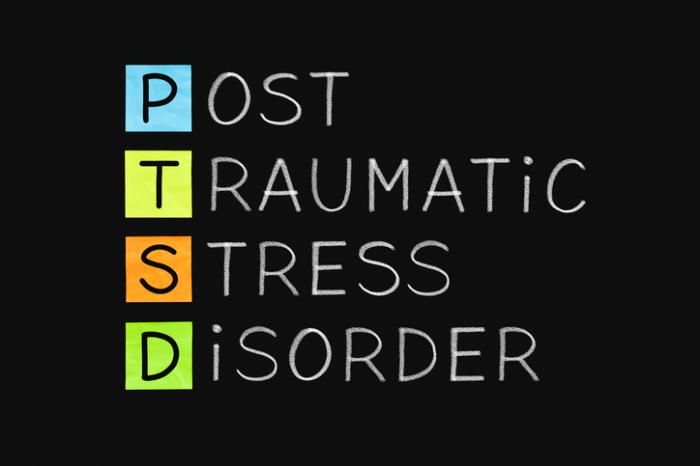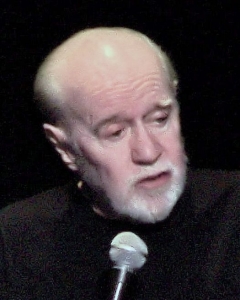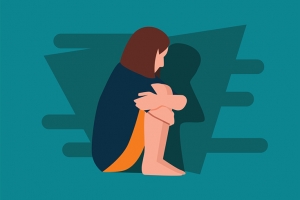George Carlin once joked that the evolution of the term Post-Traumatic Stress Disorder (PTSD) removed the impact of the condition, essentially meaning the more syllables and words we add, the more detached from the issue we become. To a certain degree, he was right, however what we have now understood as PTSD has come a long way in both our understanding and in the treatment of trauma.
Post-Traumatic Stress Disorder (PTSD) can result when a person has experienced an event or series of events that involved extreme stress, fear, sexual assault, or threat of death or serious injury. Often this trauma overwhelms a person, causing them to feel helpless and powerless. Additionally, those of us who are first responders or others who are exposed to the details and stories of trauma can also be impacted. Physiologically, our bodies also experience a reaction to exposure to extreme stress, causing a fight, flight, or freeze response. Taken together, it can be difficult to understand not only the traumatic event but also our reactions and recovery from them.
PTSD is a diagnosis given to individuals who meet criteria that includes: avoidance and numbing, flashbacks, hyperarousal, dissociation, changes in beliefs about self and the world, and intrusive thoughts and memories such as nightmares. Psychotherapy, medication, and other treatments can significantly help someone dealing with the aftermath of a trauma. However, it is also important to remember that healing from trauma takes time. When a person has experienced trauma at the hands of someone they know and trust, additional complications can occur especially in terms of our functioning in relationships.
Individual, group, family, and even couples therapy can help a survivor and those around them understand, process, and heal from trauma to help form new connections and create a life where they can now thrive. For more information on how we can help you or someone you care about, please call Specialized Therapy Associates 201-488-6678.










Leave A Comment